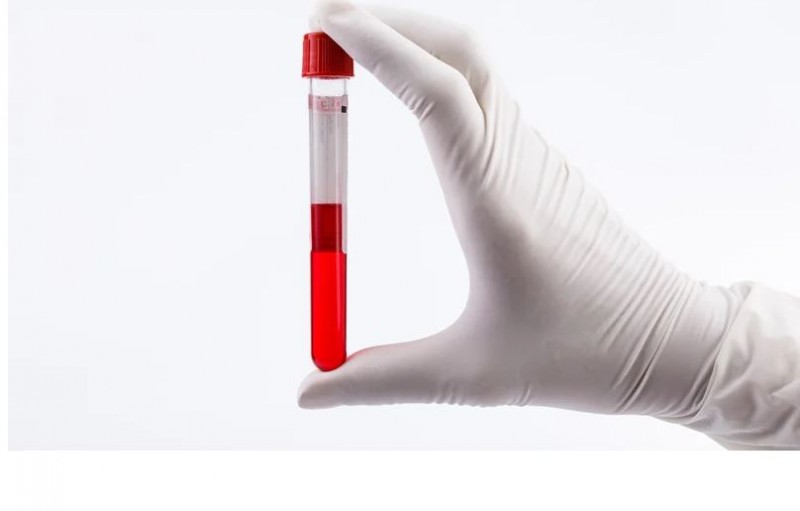
Dengue Hemorrhagic Fever (DHF) is a severe form of dengue fever, a mosquito-borne viral infection. It can lead to a life-threatening condition known as Dengue Hemorrhage Shock Syndrome (DSS). In this article, we will delve into what Dengue Hemorrhagic Shock Syndrome is, its causes, and potential remedies.
Dengue Hemorrhagic Shock Syndrome is an aggressive and potentially fatal complication of dengue fever, primarily affecting individuals who have had a previous dengue infection. It is characterized by bleeding, low platelet count, and plasma leakage. The symptoms of DSS are severe and can rapidly escalate, leading to shock and organ failure.
Dengue fever is caused by the dengue virus, which is transmitted to humans through the bite of infected Aedes mosquitoes, particularly Aedes aegypti. The symptoms of dengue fever include high fever, severe headache, joint and muscle pain, skin rash, and mild bleeding.
Dengue Hemorrhagic Shock Syndrome occurs when a person with dengue fever experiences a significant drop in platelet count and a rise in hematocrit levels, indicating plasma leakage. This leakage causes a drop in blood volume, leading to shock. Secondary infections with a different dengue virus serotype, especially in individuals with a previous dengue infection, can increase the risk of developing DHF and DSS.
Previous Dengue Infection: Individuals who have had a dengue infection in the past are at higher risk of developing Dengue Hemorrhagic Shock Syndrome.
Multiple Dengue Virus Serotypes: Exposure to different dengue virus serotypes increases the risk of severe dengue and DSS.
Immune Response: An overly aggressive immune response to the dengue virus can contribute to the development of severe symptoms.
Bleeding: Internal and external bleeding, such as nosebleeds, bleeding gums, and bloody stools or vomit.
Platelet Count Drop: A significant decrease in platelet count, leading to difficulty in blood clotting.
Plasma Leakage: Increased permeability of blood vessels, causing a drop in blood volume and leading to shock.
Organ Damage: In severe cases, DSS can cause organ damage and failure.
Hospitalization: Immediate hospitalization is crucial for individuals with suspected DSS to monitor vital signs and provide necessary medical care.
Intravenous Fluids: Intravenous fluids help maintain blood volume and stabilize blood pressure in patients experiencing plasma leakage.
Blood Transfusion: In cases of severe bleeding and low platelet count, blood transfusions may be necessary to restore proper blood clotting.
Oxygen Therapy: Oxygen therapy supports patients experiencing respiratory distress.
Mosquito Control: Eliminate mosquito breeding sites and use mosquito nets and repellents to reduce the risk of dengue infection.
Hydration: Ensure adequate fluid intake to prevent dehydration, especially during a dengue fever episode.
Medical Monitoring: Regular medical check-ups and monitoring of platelet count during dengue fever episodes are crucial.
In conclusion, Dengue Hemorrhagic Shock Syndrome is a severe complication of dengue fever, characterized by bleeding, low platelet count, and plasma leakage. Immediate medical attention, supportive care, and monitoring are vital for managing this life-threatening condition.
The Health Benefits of Consuming Turai (Ridge Gourd)
Causes of Stomach Gas and Ways to Find Relief
Nourish Your Skin with Almonds: Health Benefits and Skincare Tips